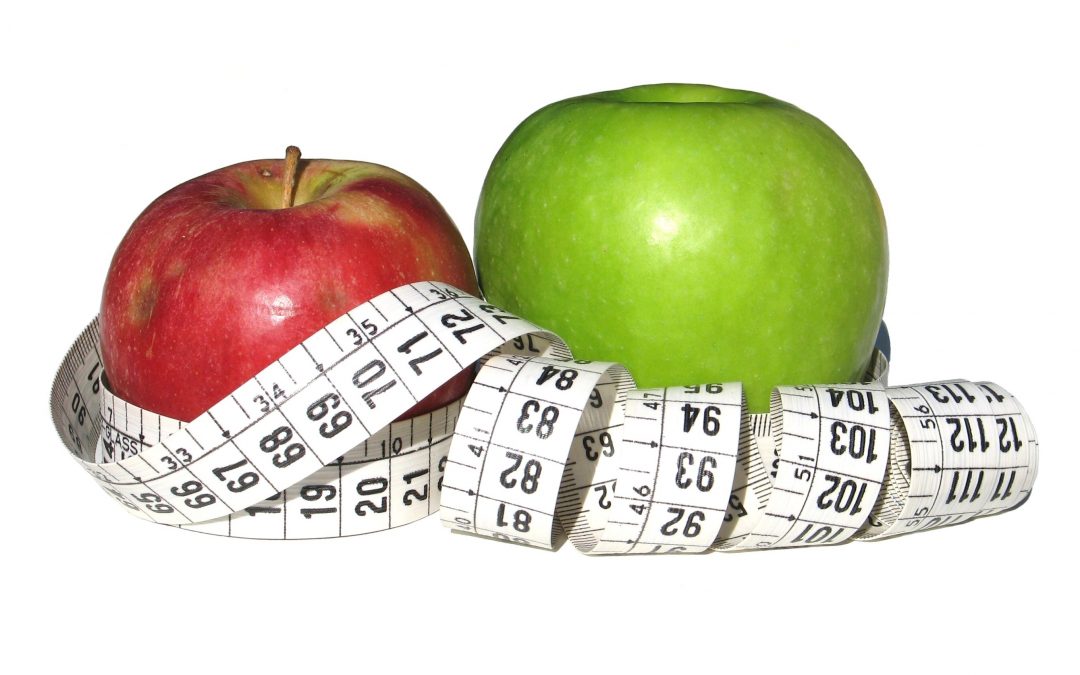This is a repost of a blog I originally wrote in January, 2016. It felt like a timely reminder. I did update the years so that it wouldn’t be jarring or confusing to read.
I’m a goals and resolutions kind of person. I love thinking in lists and creating plans, and I love the fresh start that a new year provides. So, as I do every January, I’ve been spending time thinking and reflecting about what changes I want to make in 2018, and what goals I will set for myself in the next 12 months.
I’ve been jotting down notes and ideas in my journal, and as I was skimming over them, I noticed a disturbing trend. Many of my goals had a really negative, even punitive, tone to them. For example, I am perpetually overwhelmed by the laundry situation in my home. There are always piles of dirty laundry to do, clean piles to fold, and folded piles to put away. I need a better system. So I had written a note to myself that in 2018 I wanted to “Get my act together with laundry. Find a system that works.” And looking back at it, it didn’t feel very good. In fact, many of my thoughts of goals for the new year seemed to be related to things I wasn’t doing well and ways I needed to “get it together.”
And I know that I am not alone in this. So many of the people that I talk to have goals relating to weight they are ashamed they have gained, messes they wish didn’t exist, and money they are no longer going to waste. So much of it is about doing more, indulging less, finally becoming the neater, thinner, smarter person we always thought we would be.
I get that the whole point of setting goals is self-improvement and forward motion. And these are good things; I believe we all benefit from thinking about what makes us our happiest and healthiest selves, spiritually, emotionally, relationally, and physically.
However, I think we do ourselves a major disservice when we only look at goals as a way to compensate for the negatives. I don’t think we move ourselves any closer to the people we actually want to become when all we do is focus on ways that we fall short, ways that we are either too much or not enough.
Research tells us that for goals to be effective, they need to be specific and measurable. But I believe that there is also great benefit to holding our goals loosely, using a measure of both self-discipline and grace. I think there can be great wisdom in looking more broadly than the laundry pile or the number on the scale, and instead focusing on our values and priorities, what kind of people we want to be, and what kind of impact we want to make on our world.
For example, we may have a goal of exercising five days a week. This is a good, noble, healthy goal. However, imagine a week where sick kids, job demands, or even family vacation prevent this from happening. We can choose to look at ourselves as failures who can’t stick to anything, or allow ourselves grace, and let ourselves honor other, higher priorities for that week.
After looking through my thoughts for 2018, I realized that what was missing was grace and kindness. I don’t want to speak to myself like a drill sergeant. I want to speak to myself like a treasured friend.
So I chose a word for the year, a word to guide my more specific goals and resolutions. This year, my word is Nurture. I want to nurture my relationships, my faith, my family, and myself. Part of that may or may not involve finding a system that works better for my laundry. If it does, I want it to be through the rubric of nurturing and loving my family and my home, and not from a place of guilt or embarrassment.
Maybe it just sounds like a slight difference in words, but I think it really is a different way of looking at it. And I have learned that how we look at things makes all the difference in the world.


